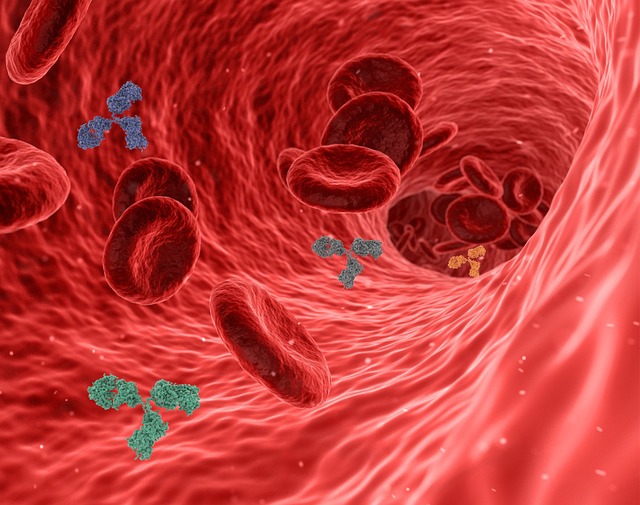
Macroparasites Description
What Are Macroparasites?
Macroparasites are the larger, often more visible members of the parasite family. Think of them as the unwelcome houseguests that refuse to leave, but instead of overstaying their welcome at your dinner table, they settle in your intestines or skin. These critters include worms, flukes, and arthropods like ticks and fleas. They thrive by feeding off their hosts, which can lead to some rather unpleasant health issues. 🦠
How Do They Work?
Unlike their microscopic cousins, macroparasites have a more complex life cycle. They often require multiple hosts to complete their development, which can involve a bit of travel and a lot of socializing—just like that friend who hops from party to party, spreading stories (or in this case, infections). The transmission of these parasites usually occurs through contaminated food, water, or direct contact with an infected host.
Common Types of Macroparasites
Here’s a quick rundown of some of the most common macroparasites you might encounter:
- Helminths: These are worm-like parasites, including roundworms and tapeworms. They can grow to impressive lengths, making them the heavyweight champions of the parasite world.
- Arthropods: This group includes insects and arachnids like fleas, ticks, and lice. They’re the tiny, blood-sucking nuisances that can turn a peaceful day into a scratching frenzy.
- Protozoa: While technically not macroparasites, some protozoa can grow large enough to be visible to the naked eye. They’re like the overachievers of the parasite realm.
- Flukes: These flatworms are known for their ability to infect various organs. They’re like the jack-of-all-trades when it comes to parasitism.
How Do Macroparasites Affect Their Hosts?
Macroparasites can have a range of effects on their hosts, from mild discomfort to serious health issues. They can cause malnutrition, anemia, and even immune system suppression. Imagine trying to throw a party in your body while a bunch of freeloaders are hogging the snacks—it's not going to end well. And just like that friend who borrows your favorite shirt and never returns it, macroparasites can be quite persistent.
Immune Response to Macroparasites
Your immune system is like the bouncer at a club, trying to keep out unwanted guests. However, macroparasites have developed some clever tricks to evade this security. They can manipulate the immune response, making it harder for the body to kick them out. In fact, some studies suggest that individuals with more macroparasites might even be more resilient to certain infections. It’s like they’ve built up a tolerance to the party scene—good luck getting rid of them!
Prevention and Treatment
Preventing macroparasite infections often comes down to good hygiene and food safety. Here are a few tips to keep those pesky parasites at bay:
- Wash your hands regularly, especially before meals.
- Avoid drinking unfiltered water in areas known for parasite prevalence.
- Cook meat thoroughly to kill any lurking parasites.
- Practice safe sex to reduce the risk of certain parasitic infections.
If you do find yourself hosting a macroparasite, don’t panic. There are treatments available, ranging from medications to lifestyle changes. Just remember, it’s always best to consult a healthcare professional before trying to kick these unwanted guests to the curb.
Conclusion
Macroparasites may be fascinating in a “I’d rather not have them in my life” kind of way, but understanding them is crucial for maintaining good health. So, keep your immune system strong, practice good hygiene, and remember: it’s your body, not a parasite hotel!

















 Stereoisomers of 1 4 Dimethylcyclohexane
Stereoisomers of 1 4 Dimethylcyclohexane 
 Health
Health  Fitness
Fitness  Lifestyle
Lifestyle  Tech
Tech  Travel
Travel  Food
Food  Education
Education  Parenting
Parenting  Career & Work
Career & Work  Hobbies
Hobbies  Wellness
Wellness  Beauty
Beauty  Cars
Cars  Art
Art  Science
Science  Culture
Culture  Books
Books  Music
Music  Movies
Movies  Gaming
Gaming  Sports
Sports  Nature
Nature  Home & Garden
Home & Garden  Business & Finance
Business & Finance  Relationships
Relationships  Pets
Pets  Shopping
Shopping  Mindset & Inspiration
Mindset & Inspiration  Environment
Environment  Gadgets
Gadgets  Politics
Politics 